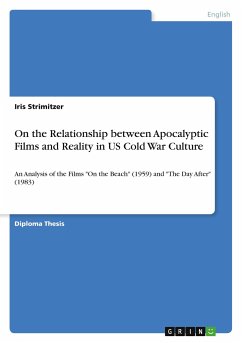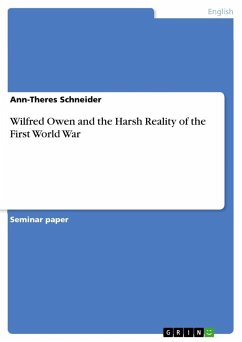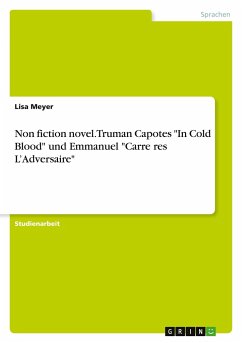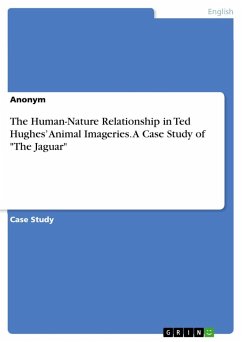Diploma Thesis from the year 2021 in the subject American Studies - Miscellaneous, grade: 1, University of Graz (Amerikanistik), language: English, abstract: This thesis investigates the relationship between apocalyptic fiction and reality during the Cold War era. By exploring the zeitgeist and media landscape of the American Cold War culture, this thesis demonstrates that apocalyptic fiction had a significant bilateral role during those times and influenced the contemporary nuclear discourse. This is illustrated by analyzing two popular apocalyptic movies, "On the Beach" (1959) and "The Day After" (1983). Both films portray a worst-case scenario in which the protagonists are confronted with the disastrous consequences of a nuclear war. These movies are not just blockbusters for entertainment but fuel and contribute to the ongoing nuclear discourse about the Cold War era and its politics of deterrence. In its theoretical part, this thesis provides an overview of the Cold War era and reveals how the beginning of the Atomic Age changed the dynamics of power and politics forever. It focuses on the international cultural discourse concerned with nuclear weaponry and illustrates how the politics of deterrence came into being. Afterwards, this thesis focuses on the US- specific nuclear discourse and how it was portrayed in US mainstream media. Additionally, this thesis engages with the Cold War as a concept of thought. It aims at providing a deeper understanding of its intrinsic mechanisms and explains why the Cold War can be classified as a war against people¿s imagination. Therefore, this thesis provides an overview of modern apocalypticism research and investigates the role of narratives in the Atomic Age. In its analytical part, the films On the Beach (1959) and The Day After (1983) are interpreted as crisis texts according to the paradigm of apocalypticism. According to this analytical approach, this film analysis focuses on the films¿ contemporary cultural context and investigates how their narratives are related to the political and cultural events of the Cold War. Furthermore, this thesis investigates how the bilateral relationship between fiction and reality impact the films and their public reception. Thus, this thesis demonstrates how the films serve as an example of how and why the Cold War can be classified as a war against people¿s imagination.
Hinweis: Dieser Artikel kann nur an eine deutsche Lieferadresse ausgeliefert werden.
Hinweis: Dieser Artikel kann nur an eine deutsche Lieferadresse ausgeliefert werden.








